Did Gordon Wood kill Caroline Byrne?
The case captivated a city for two decades but now it’s come full circle as Gordon Wood sues the state for $20 million
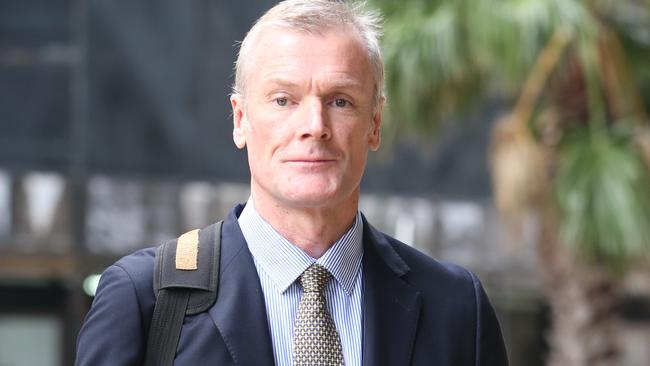
NSW
Don't miss out on the headlines from NSW. Followed categories will be added to My News.
A death and a murder charge. A conviction followed by an acquittal. A multimillion-dollar lawsuit.
It’s the high-profile case that has gripped the city for more than two decades.
In 1995, model Caroline Byrne’s body was found on the jagged rocks at the bottom of an ocean cliff known as The Gap in Sydney.
She was just 24.
Now her then-boyfriend has launched what is believed to be the largest claim for malicious prosecution ever brought to the courts — more than $20 million.
The former self-employed financial consultant, gym junkie and chauffeur Gordon Wood was convicted of her murder in 2008 and then, in 2012, acquitted by the Court of Criminal Appeal after serving three years in jail.
He is now suing the State of NSW for legal costs, damages and lost income.
At 55, he is unable to get a job despite his acquittal and while he once earned between $400,000 and $800,000 a year, he is now medically incapable of working due to mental health issues and a diagnosis of post-traumatic stress disorder as a result of his “malicious prosecution and wrongful imprisonment,” the Supreme Court heard.
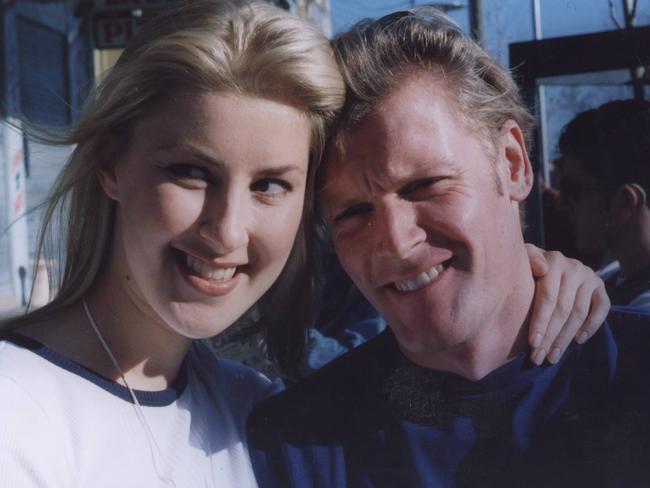
Wood alleges that prosecutors sought a conviction “regardless of his guilt or innocence” and says police acted with “malice” by prosecuting him.
He has denied claims that he asked to see Caroline’s “tits” as her body lay in the morgue.
Wood’s legal team also submitted an example of alleged malice that the police did not treat her childhood sweetheart and former boyfriend Andrew Blanchette as a “suspect”.
Wood claims it was Blanchette, a former police officer, who was the source of rumours that Wood was gay and in a homosexual relationship with his boss, flamboyant financier, the late Rene Rivkin, whose expensive cars he drove.
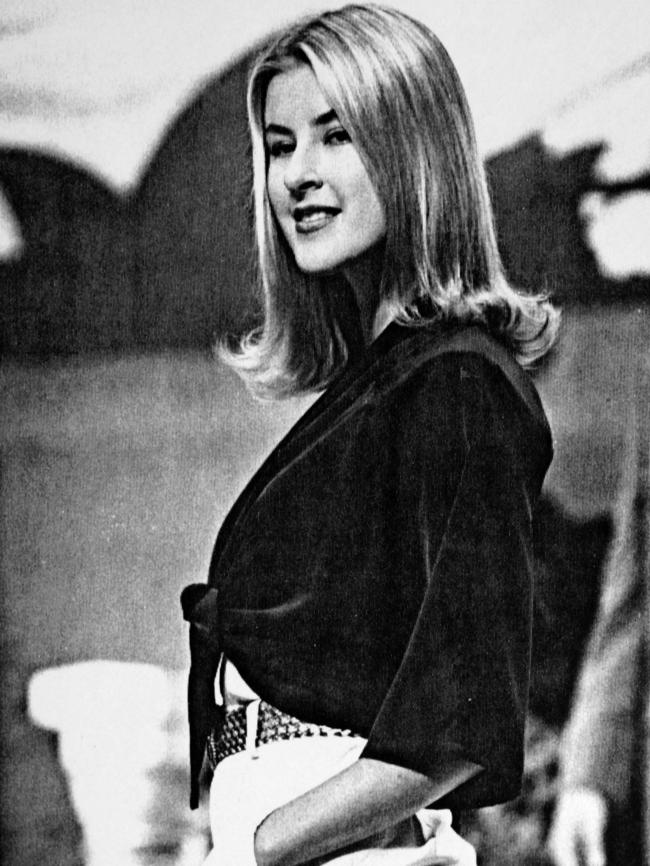
In overturning Wood’s conviction, the Court of Criminal Appeal said “the evidence did not support the defence theory that Blanchette may have been the killer”.
One person who will not be attending the civil case which began last week in the Supreme Court is Caroline Byrne’s father, Tony Byrne.
“I never stop thinking about Caroline and I know all the evidence as if happened yesterday,” Mr Byrne said. “It should have all been over and done with years ago.”
Wood is expected to be called as the first witness after his counsel Bruce McClintock SC completes his opening statement.
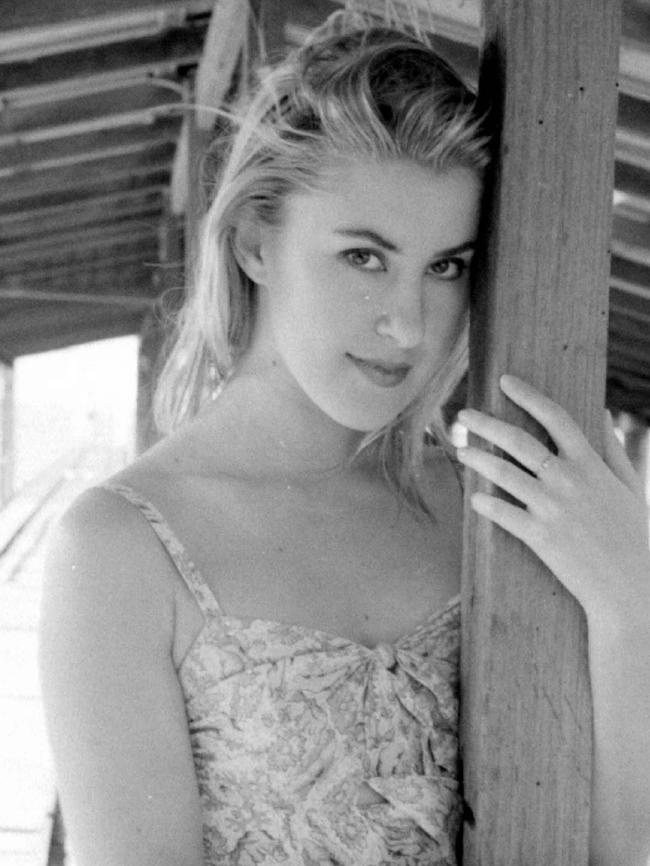
It will be the first time Wood has given evidence after exercising his right not to go into the witness box during his trial for murder. It will also be the first time he has been cross-examined.
But the civil case for malicious prosecution cannot, and will not, be a
re-run of his murder trial.
He has been acquitted and he does not have to prove his innocence to succeed in his claim, says lawyer David Porter.
“It’s not a retrial, it addresses different questions,” Mr Porter, who specialises in malicious prosecution cases, says.
He says that in a malicious prosecution claim, the plaintiff has to show more than malice. They have to show the prosecution was motivated by ill-will, spite or a desire to see the plaintiff come to harm.
Mr Porter says it is impossible to know how many cases are brought against the police every year because some settle before they get to court.
Wood’s claim eclipses that brought by Roseanne Beckett, who was jailed in 1991 after being convicted of plotting to kill her husband, Barry Catt. She was released in 2001 when new evidence emerged and her conviction quashed in 2005. In November 2015, the state agreed to pay her the $4.09 million in damages awarded by the Supreme Court over two counts of malicious prosecution. That figure was made up of $2.3 million in damages, plus interest. The state also had to pick up her legal bill, estimated to be several million dollars.
Justice Ian Harrison had found that Beckett was prosecuted after Taree police officer Detective Peter Thomas went on a “vengeful crusade” against her after she filed complaints against him in the 1980s.
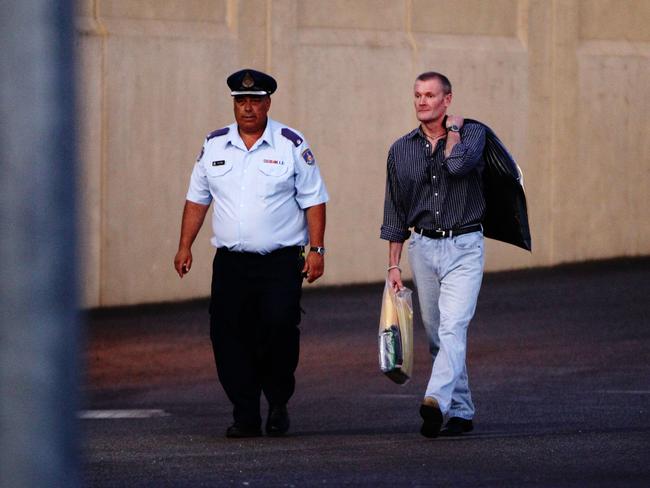
In NSW, individual police officers cannot be sued and Crown prosecutors are immune from civil actions which is why the State of NSW is the go-to entity to be issued. agaisnt. The State has denied malice and is defending Wood’s claim.
Wood’s submissions this week have listed those he claims acted with “malice”. There is Detective Inspector Paul Jacob, who led the murder investigation, Inspector Brian Wyver, former Sergeant Mark Powderly and senior Crown prosecutor Mark Tedeschi QC.
Then there was the Crown’s expert witness, associate professor Rod Cross from the University of Sydney. Mr McClintock told the Curt Cross’ evidence that Byrne was thrown like a spear from the clifftop was “absolutely ludicrous” and “rubbish” which at times has left him “lost for words”.
In his statement of claim, Wood says that at the time of her death on June 7, 1995, police believe Byrne had committed suicide after there was evidence she had been diagnosed with severe depression about a week earlier and had tried to kill herself in 1992.
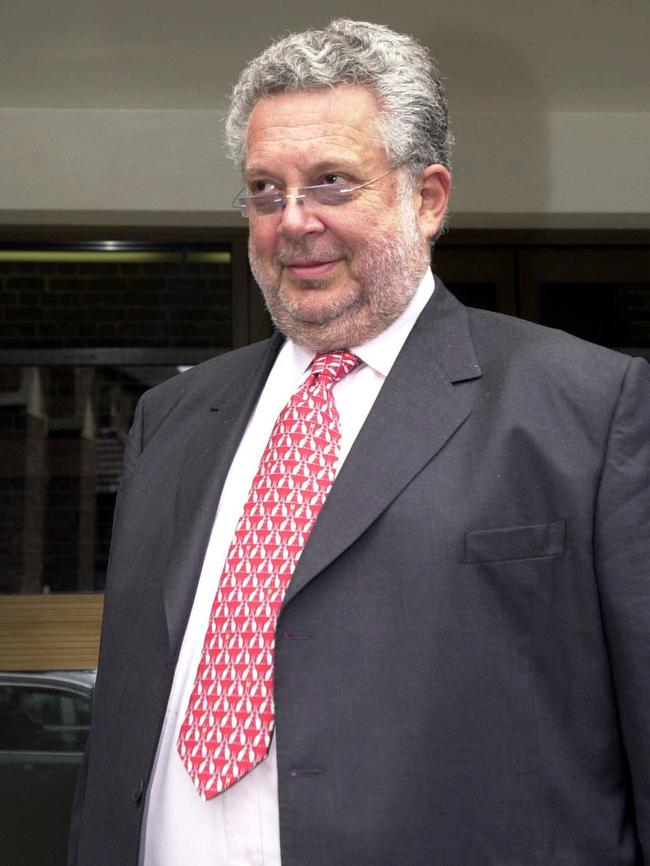
Tony Byrne has always disputed that his daughter took her own life. In 1997, the police spoke to Cross who expressed the opinion that Caroline had jumped to her death. It was a view he kept until about late 2003 and 2004 when the police “poisoned” his mind with their belief of Wood’s guilt and Cross “apparently came to the conclusion that Caroline Byrne was spear thrown off the cliff,” according to the statement of claim.
Wood also claims the police “negligently failed to take photographs of the location of Caroline Byrne’s body at the time it was found”. Wood’s legal team is challenging almost every facet of the prosecution’s case including identification evidence from the operators of the Bad Dog Cafe in Watsons Bay who alleged that they saw Caroline, or someone who looked like her, with two men in the park near the Gap.
Wood claims that the prosecution should have known that “there was independent evidence that The Bad Dog Cafe was not open for trading” that day.
Laying out his case last week, Mr McClintock said the claim that Wood had asked to see his dead girlfriend’s “tits” was probably the most damaging thing against him.
The claim was included in a statement by an attendant at Glebe morgue. Mr Blanchette, who had coincidentally been at the morgue the morning Caroline’s body was taken there, also said Wood had asked to see her chest.
“It was totally false,” Mr McClintock said.


